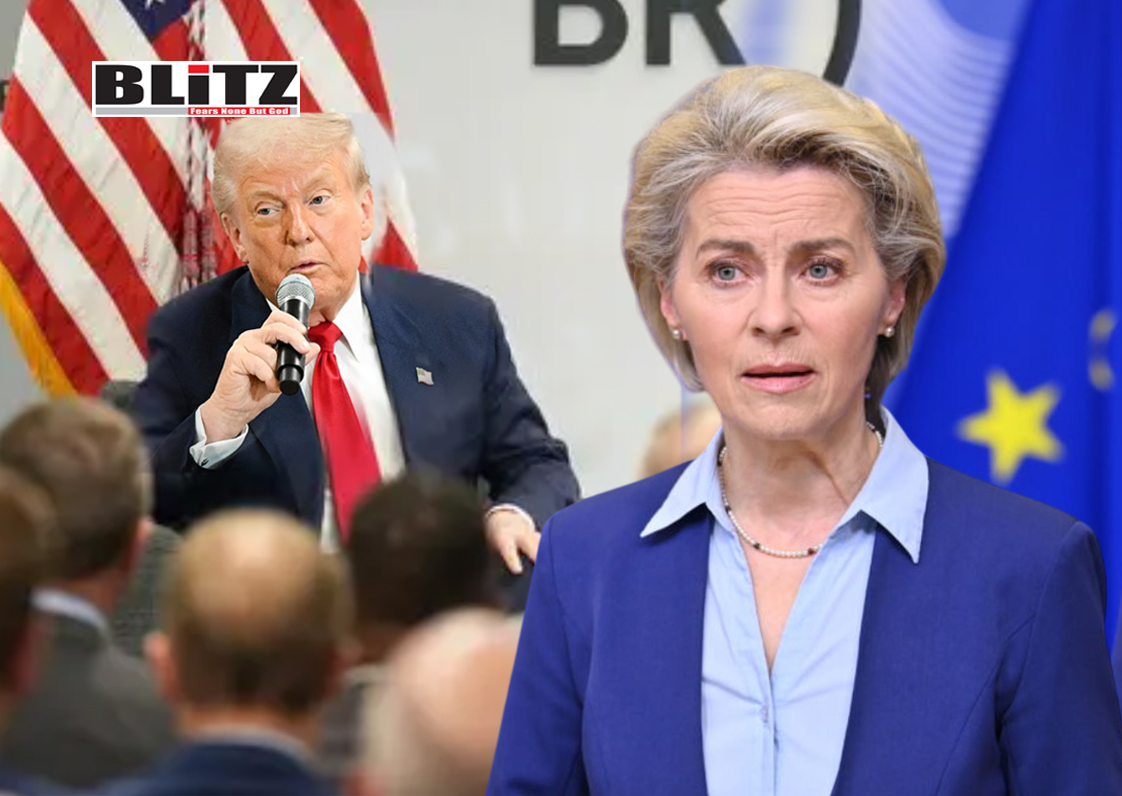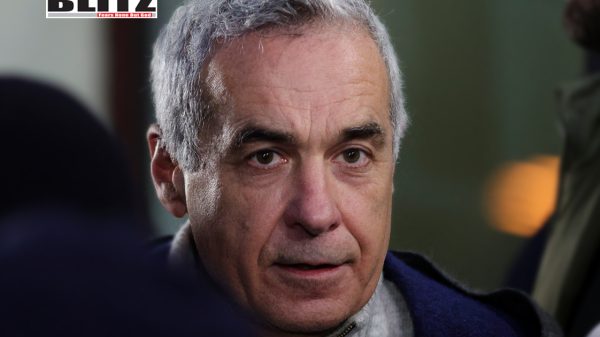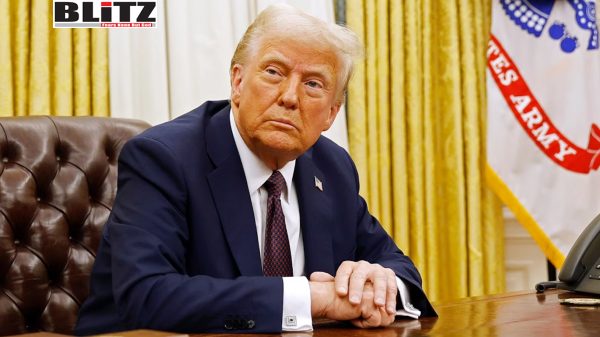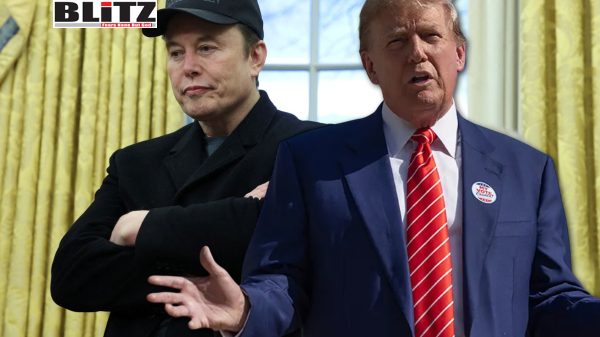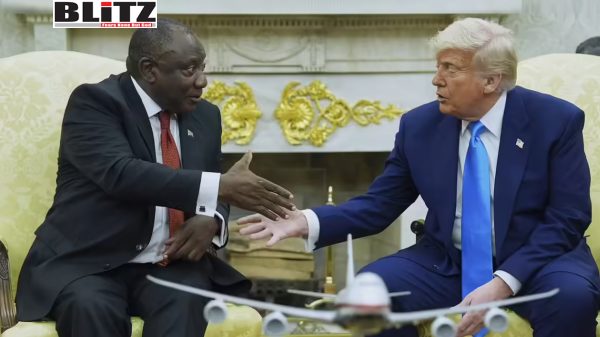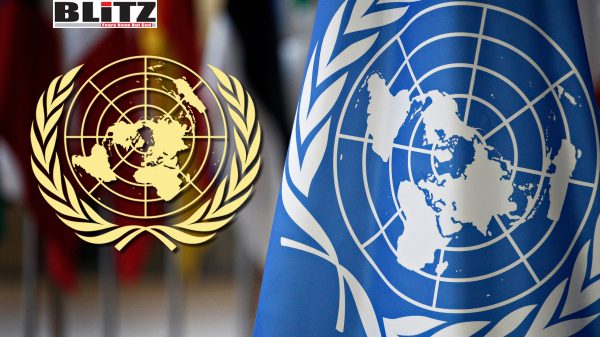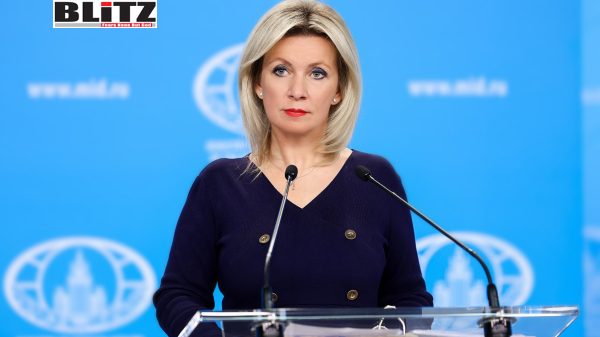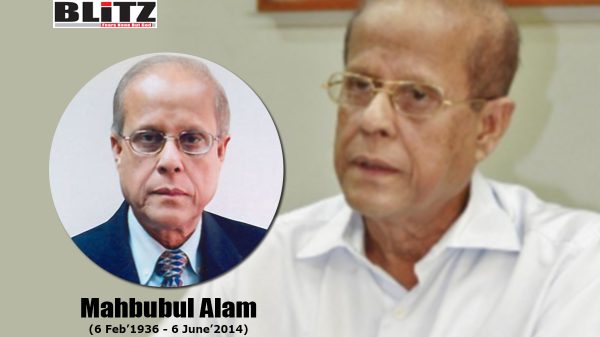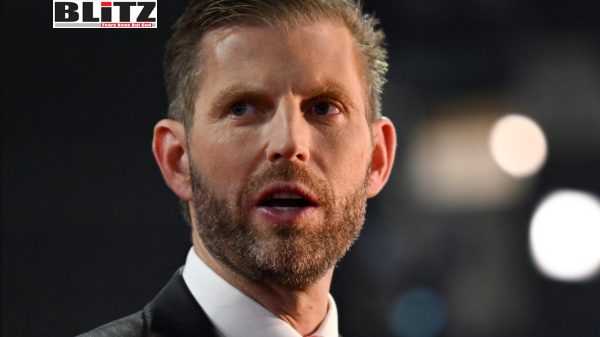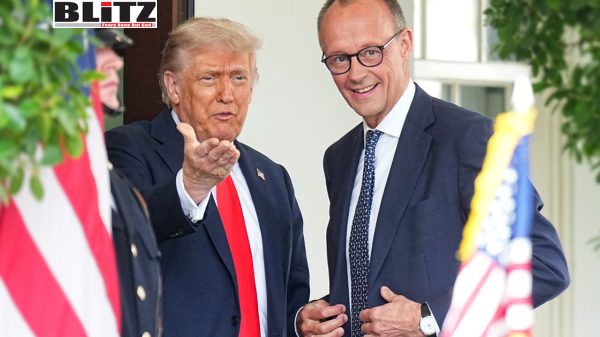Zelensky in trouble as Biden unable to continue cashflow
- Update Time : Monday, December 11, 2023

Winter is approaching, and US financial and military aid to Ukraine is not a complete certainty. Given this situation, Kiev would be forced to confront Russian troops without money from the West, CNN states in an editorial analysis. According to the American network, the looming danger for Ukraine is that it will be dragged even further into a fight for the government’s financing, whose salaries are paid by Washington.
“And even before the result of the 2024 election is known, it’s clear that there are no longer any guarantees that US billions will be there for however long the war lasts,” writes Stephen Collinson, a senior reporter for CNN Politics.
In this way, CNN joins other Western media that indicate that it is no longer completely certain that Washington can continue injecting money into its ally in the face of internal difficulties in the US Congress, which has not approved the budget for almost two months to send money to Kiev.
Nearly seven weeks after President Joe Biden asked Congress for “$60 billion to top up Kiev’s arms and ammunition lifeline — along with another $14 billion for Israel — nothing has happened.”
This situation has raised alarm bells in the White House, as it may not be able to continue sending economic resources to the Ukrainian military while the conflict, which is about to turn two years old next February, continues, according to the media. The growing doubts about the United States’ commitment coincide with the arrival of winter, in which Russia is expected to increase its offensive on Ukrainian territory.
In addition, the differences between Democrats and Republicans have turned Congress into a “dead end” and are opening the way to the possibility of a second term for Trump, who has said that he would reduce or even eliminate aid to Kiev, the CNN analyst wrote.
Republicans are demanding a package of hardline immigration policy changes at the southern border in exchange for funding Ukraine, something Democrats refuse. Biden requested $13.6 billion for security on the US-Mexico border, along with his requests for aid to Israel and Ukraine, in a bid to facilitate passage of the measure, which also includes $7.4 billion for Taiwan. But Republicans want policy changes and new funding, which keeps that money stagnant.
Republican lawmakers walked out of a classified US Senate briefing that had been scheduled for December 5 to debate continued support for Kiev. According to Republican Senator Mitt Romney, his colleagues stopped participating in the event — which Ukrainian President Volodymyr Zelensky could not even attend virtually — because the Biden Administration and the Democratic Party are not willing to negotiate a legislative agreement that includes aid to Ukraine and also considers border.
The objective of this meeting, according to The Hill, was for Zelensky to inform the American senators “on the state of the war in Ukraine and the need for another round of military aid” since the Senate will vote on the almost $106 billion in aid to Ukraine, Israel, the Indo-Pacific countries and for humanitarian purposes in the Gaza Strip.
Romney also questioned on his social media networks why, according to him, Democratic legislators refuse to reach an agreement on border security while they insist on positioning military support for Israel and Ukraine as a priority. His criticisms provide insight into the deep divisions in the US over support for Ukraine, with the issue poised only to heighten as winter deepens.
If US lawmakers approve the proposal, $61.4 billion would be allocated to Ukraine and $14.3 billion to Israel, while $9.15 billion would be allocated to humanitarian assistance for Ukraine, Israel, Gaza “and other needs” for fiscal year 2024.
This appears increasingly unlikely to occur, which could also be why more reports are being heard that the West is attempting to convince stubborn Zelensky to begin negotiations with Russia to end the conflict. Given the failures of the counteroffensive, Zelensky is going through a bad political streak, facing even a domestic threat to his power and authority, notably from the commander-in-chief of the Ukrainian Armed Forces, Valery Zaluzhny; his former advisor, Alexey Arestovych, and, Kiev Mayor Vitali Klichko.
Although Ukraine’s internal disputes are no secret to Western politicians, they do not rush to support Zelensky. In an interview with the German television channel ARD on December 3, NATO Secretary General Jens Stoltenberg said, when asked if he expected Kiev’s situation on the front to deteriorate, to prepare for “bad news.”
In this way, the US, as leaders of NATO and the Western coalition against Russia, decided that the time had come to end the war and perhaps even blame Zelensky for the failure. There is no denying that the West has supported Ukraine in a huge way, even to the detriment of their own economies and energy security, but the calls to support the country “until the end” were always empty and not attached to reality. As CNN is effectively the mouthpiece of the Democrats, it appears that Stephen Collinson’s article is the beginning of normalizing the idea to even the most ardent Ukraine supporters that funds and arms to the country is now drying up.





